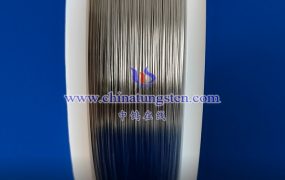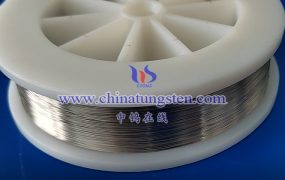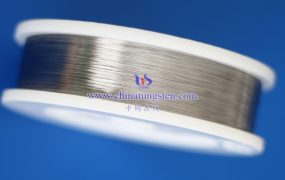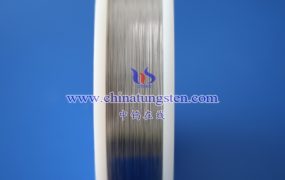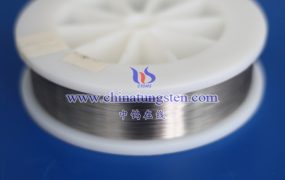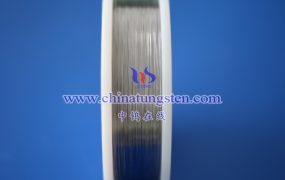The corrosion resistance of tungsten wire for textiles weaving gloves and other high-temperature alloy wires is compared as follows:
- Corrosion resistance of tungsten wire
Tungsten wire itself has poor resistance to oxidation at high temperatures, especially in air or oxygen environment, tungsten easily forms tungsten oxide (WO₃), resulting in gradual oxidation and deterioration of the surface. Therefore, the corrosion resistance of tungsten wire in high-temperature oxidizing environment is limited, and it is usually necessary to use it in an inert gas or vacuum environment to avoid oxidation.
In acidic or alkaline environments, tungsten wire has a certain resistance to most acids (such as hydrochloric acid and sulfuric acid), but in concentrated nitric acid and strong alkaline solutions, tungsten will be corroded.
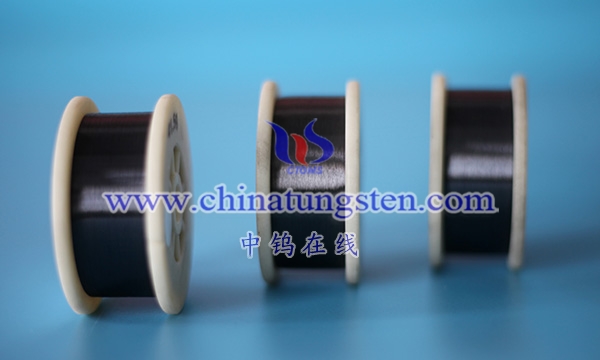
- Corrosion resistance of high-temperature alloy wire
Nickel-based alloy wire (such as Inconel®, Monel®): Nickel-based alloys have very excellent corrosion resistance, especially in high temperature and oxidizing environments. They have good resistance to a variety of acids (including sulfuric acid, hydrochloric acid, phosphoric acid) as well as high-temperature oxidizing and carbonizing environments. Compared with tungsten wire, nickel-based alloy wire is more suitable for use in corrosive atmospheres and high temperature environments.
Cobalt-based alloy wire: Cobalt-based alloys such as Hastelloy® also have strong corrosion resistance, especially excellent stability in strong acid, oxidizing environment and high temperature. Their corrosion resistance is generally better than that of nickel-based alloys, and they perform well in specific high-temperature corrosive environments.
Chromium-based alloy wire: The addition of chromium to the alloy improves the oxidation resistance and corrosion resistance of the alloy, such as the application in stainless steel wire. Stainless steel wire forms a dense chromium oxide layer in an oxygen-containing environment, which greatly improves its corrosion resistance, but may not perform as well as nickel-based or cobalt-based alloys at extremely high temperatures.
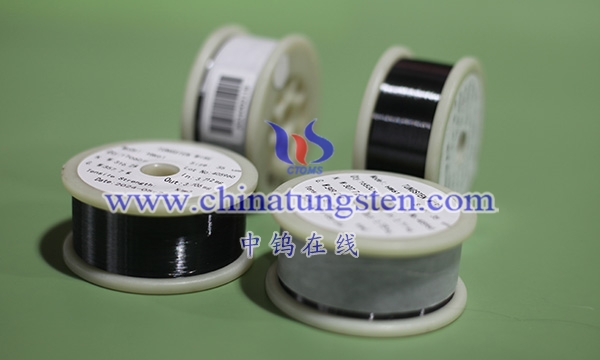
- Comparison and application suggestions
Tungsten wire is suitable for applications in extremely high temperature and non-oxidizing environments, but its corrosion resistance is limited in environments with oxidizing or corrosive media.
Nickel-based alloy wire and cobalt-based alloy wire have excellent performance in corrosive environments and are more suitable for use in harsh conditions that require both high temperature resistance and corrosion resistance.
In braided applications that require corrosion resistance, if there are strong oxidants or acidic media in the environment, it is more appropriate to choose nickel-based or cobalt-based alloy wires rather than tungsten wires.
More details of tungsten wires, please visit website: http://tungsten.com.cn/tungsten-wires.html
Please contact CHINATUNGSTEN for inquiry and order of tungsten needles:
Email: sales@chinatungsten.com
Tel.: +86 592 5129595
